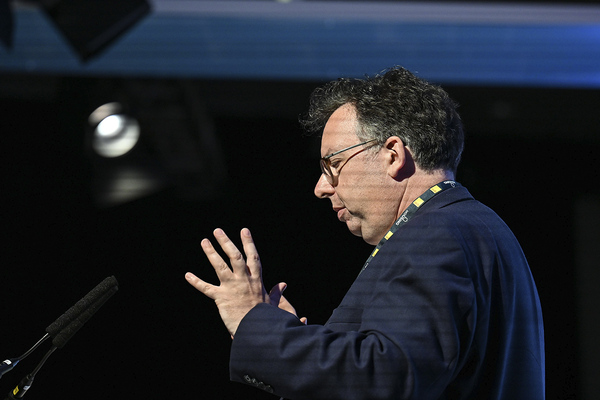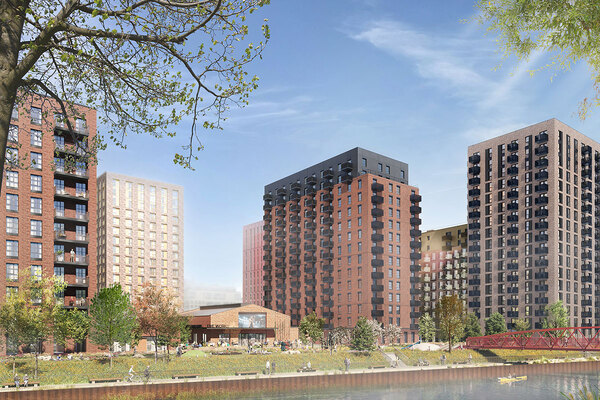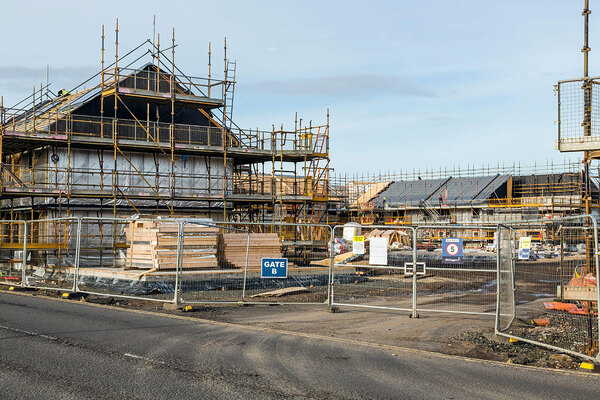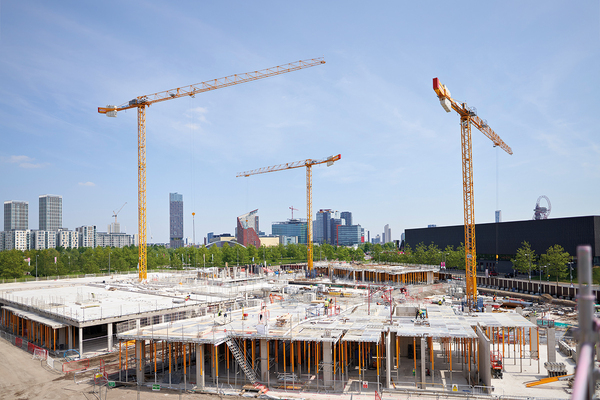Southern Housing confirms redundancies due to pause in new development commitments
Southern Housing has confirmed that it has “made the difficult decision” to make a number of roles in its development team redundant as it prioritises spending on existing homes.
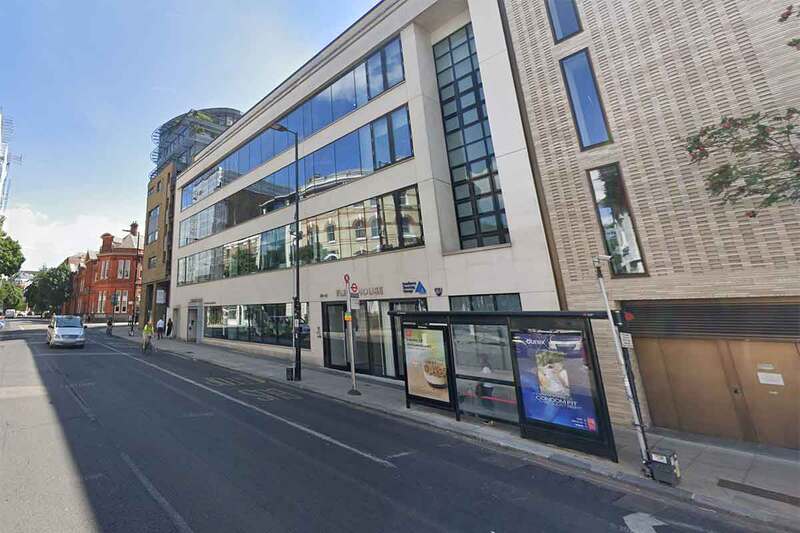
Inside Housing understands that as many as 10 roles have been lost within the new business part of the development team as the 77,000-home landlord has reduced new development commitments as its annual surplus fell 93%.
The landlord told Inside Housing: “[We] made the difficult decision to reduce new development commitments to prioritise investment in our existing homes. Along with many of our peers the financial pressures faced by the sector have led to this decision.
“Regrettably, this has meant a reduction in the size of our development team, with some roles becoming redundant. We’re continuing with the pipeline of owned and on-site new development as well as regeneration projects.
“We’ll also be working in partnership to deliver affordable housing with local authorities. The scale and expertise of the teams delivering these projects leaves us well placed to commit to new development schemes when the time is right.”
The association’s latest financial statement reported a surplus of just £3m in the year to the end of March 2024, compared to £40m in the year previous.
Like many in the sector, it is not the only landlord making difficult choices as the sector grapples with the need to spend money on its existing homes on issues such as damp and mould, retrofit and post-Grenfell building safety.
The group still increased its spend on major repairs and capitalised repairs to £114m, up from £78m, and spending on planned and routine maintenance increased more than £30m to £168m.
Earlier this week, Metropolitan Thames Valley Housing reported a pre-tax loss of £80.2m for the last financial year due to the cost of fire safety provisions and the write-down of decommissioned high-rise blocks.
The impact of these costs is being felt in development pipelines, and the G15 warned earlier this year that starts of affordable homes in the current financial year are expected to have fallen by 76%, to 1,769, in London, compared with 7,363 the previous year.
Inside Housing understands that many in the sector are left facing similar choices that could lead to more redundancies at a time when the sector really needs to attract and retain the best talent into the sector.
It is part of the reason why Inside Housing’s Housing Hires campaign was recently launched.
For Southern, a big impact came from its sales division where revenue from open market property transactions dropped from £67m to £4m.
In her foreword to the latest unaudited accounts, Sarah Smith, chief financial officer at Southern, explained how the landlord had been hit by cost rises and delays on “many” of its sites after some of its contractors fell into administration.
The slowdown in sales and development, including a fall in first tranche shared ownership sales from £60m to £40m, meant Southern had paused “new development activity” in order to “constrain debt balances”, Ms Smith explained.
The landlord still has 3,256 homes to build that are in contract and it completed a drop in completions by around a third year-on-year to 776, and starts fell nearly double that to 349.
The recent economic uncertainty and slowdown in housebuilding is why Inside Housing launched its Build Social campaign, which is calling for all political parties to insert a commitment to build 90,000 social rent homes a year into their manifestos during this general election.
Southern’s total debt rose to nearly £3.2bn, compared to around £2.9bn the year before.
The landlord came under increased scrutiny earlier this month after the Housing Ombudsman released its special investigation report, which found a “lack of ownership within the landlord’s complaint-handling culture”.
In its learning statement to the report, Southern Housing said: “We’re truly sorry to all residents who’ve experienced service failures, including the 67 residents that this report shows we let down.
“Throughout this investigation process, we’ve worked proactively and collaboratively with the ombudsman and his team, and we welcome the learning from this report.”
Southern pointed out that most of the determinations review pre-date its merger with Optivo, which completed at the end of 2022, while the combined rate for the two organisations was a third lower than the London average.
Sign up for our development and finance newsletter
Already have an account? Click here to manage your newsletters


